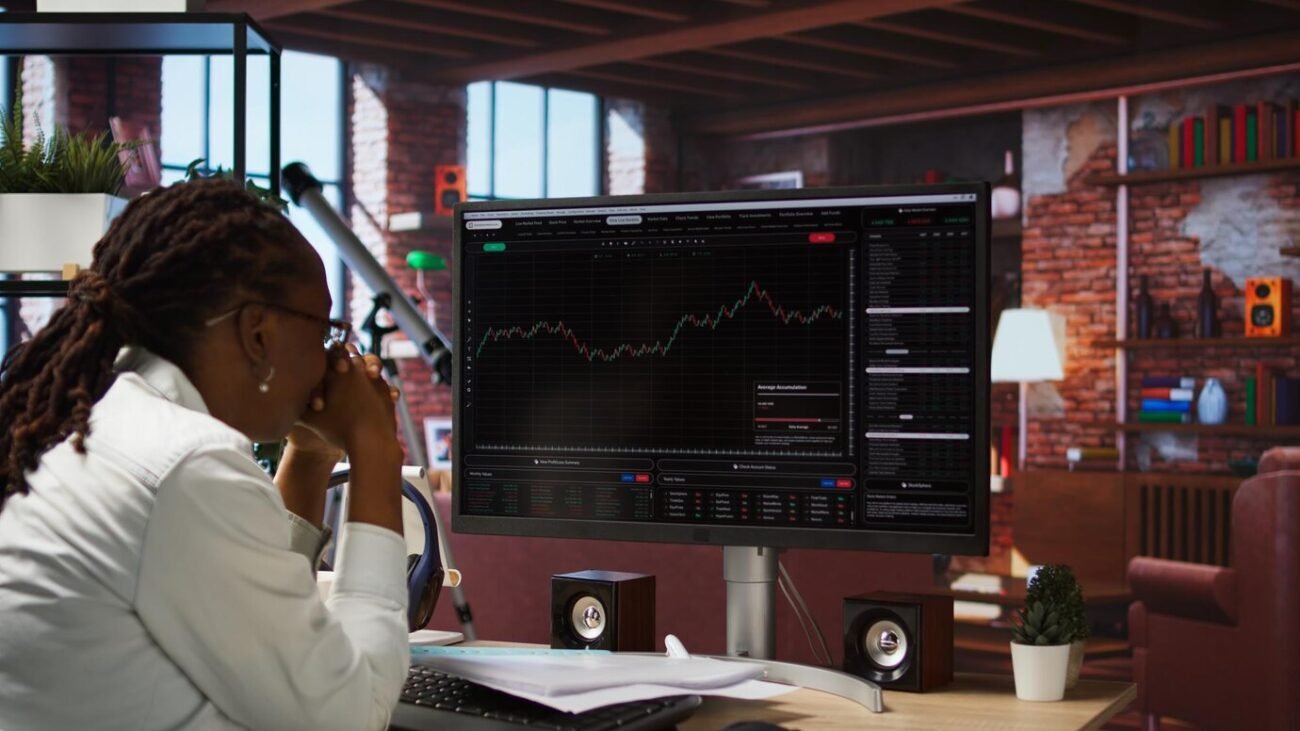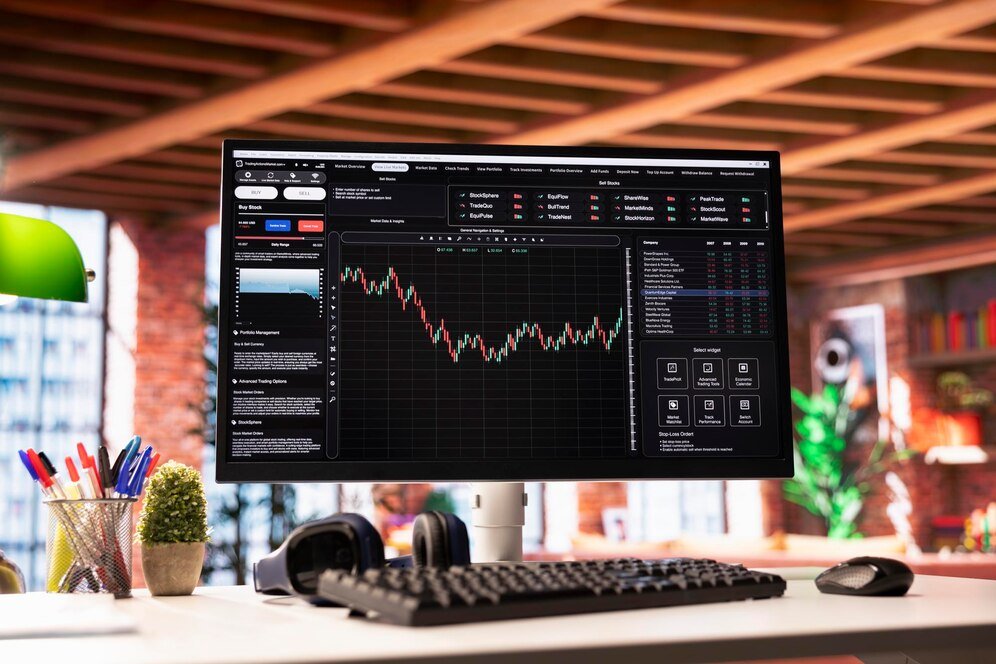With the rapid growth of the cryptocurrency market, choosing the right exchange for trading can be a daunting task. The right exchange can greatly influence your trading experience, trading fees, security, and even your overall success. In this blog, we’ll explore the key factors to consider when selecting the best crypto exchange for your needs.
1. Determine Your Trading Goals
1.1. Define Your Strategy
Before diving into the selection process, it’s essential to define your trading strategy. Are you a long-term investor, a day trader, or someone looking to trade sporadically? Your trading goals will heavily influence the type of exchange that suits you best.
1.2. Identify Your Preferred Cryptocurrencies
Different exchanges support different cryptocurrencies. Make a list of the specific coins or tokens you want to trade and ensure that the exchange offers them.
2. Evaluate Security Features
2.1. Security Protocols
Security is paramount in the world of cryptocurrency. Research the exchange’s security measures, such as two-factor authentication (2FA), cold storage for assets, and insurance policies against hacks.
2.2. Reputation and History
Look into the exchange’s history regarding security breaches and how they handled them. An exchange with a solid reputation and a history of secure operations is generally a safer choice.
3. Consider User Experience and Interface
3.1. Ease of Use
For beginners, a user-friendly interface is crucial. Look for exchanges that offer intuitive navigation, clear charts, and straightforward trading options.
3.2. Mobile Compatibility
If you plan to trade on the go, ensure the exchange offers a mobile app or a mobile-optimized website. A seamless mobile experience can enhance your trading flexibility.
4. Examine Fees and Costs
4.1. Trading Fees
Different exchanges have varying fee structures—some charge a flat fee, while others charge a percentage of the transaction. Review the trading fees to understand how they will impact your overall profitability.
4.2. Withdrawal and Deposit Fees
In addition to trading fees, consider the fees for depositing and withdrawing funds. Some exchanges may offer zero deposit fees but charge high withdrawal fees and vice versa.
5. Liquidity and Trading Volume
5.1. Market Depth
High liquidity ensures that you can buy or sell assets quickly at stable prices. Check the exchange’s trading volume for the cryptocurrencies you’re interested in to ensure sufficient liquidity.
5.2. Order Types
Look for exchanges that offer various order types (e.g., market orders, limit orders) to suit your trading strategy. This flexibility can enhance your trading experience.
6. Review Customer Support
6.1. Availability of Support
Good customer support is critical, especially if you encounter issues or have questions. Ensure the exchange provides multiple support channels, such as live chat, email, or phone support.
6.2. Response Time and Quality
Check reviews or forums to gauge the responsiveness and helpfulness of the exchange’s customer support. Quick and effective support can be a lifesaver during critical trading moments.
7. Regulatory Compliance
7.1. Licensing and Regulation
Choose exchanges that comply with regulatory standards in your jurisdiction. Regulatory compliance can provide an additional layer of security and peace of mind.
7.2. KYC and AML Policies
Know Your Customer (KYC) and Anti-Money Laundering (AML) policies are essential for maintaining the integrity of the exchange. While these processes may require some extra time, they help ensure a safer trading environment.
8. Explore Additional Features
8.1. Advanced Trading Tools
If you are a more experienced trader, look for platforms that offer advanced trading tools, such as charting features, technical analysis tools, and automated trading options.
8.2. Staking and Earning Opportunities
Some exchanges offer staking or earning features that allow you to earn passive income on your crypto holdings. If this is of interest to you, check which exchanges provide these services.
9. Read User Reviews and Testimonials
9.1. Community Feedback
Investigate user reviews and testimonials to understand the experiences of other traders. Forums, social media groups, and review sites can offer valuable insights into an exchange’s performance.
9.2. Identify Common Complaints
Look for recurring issues mentioned in reviews, such as slow withdrawals or poor customer support. Identifying these can help you make a more informed decision.
Conclusion
Choosing the best exchange for your crypto trading needs involves careful consideration of various factors, including security, fees, liquidity, and user experience. By defining your trading goals and thoroughly researching your options, you can find an exchange that aligns with your needs and enhances your trading journey. Remember, the right exchange can significantly impact your success in the dynamic world of cryptocurrency trading, so take your time and choose wisely.













